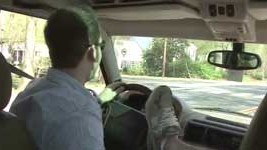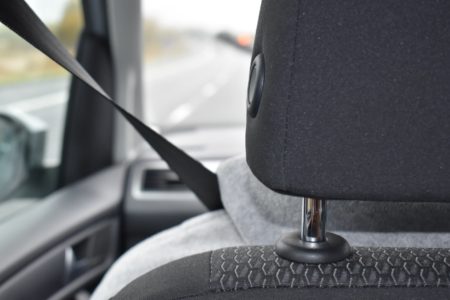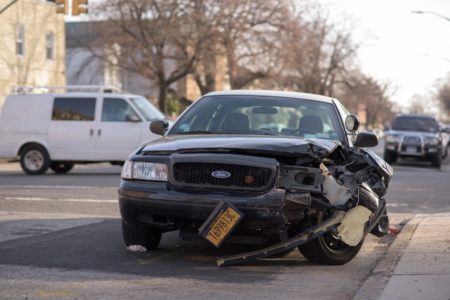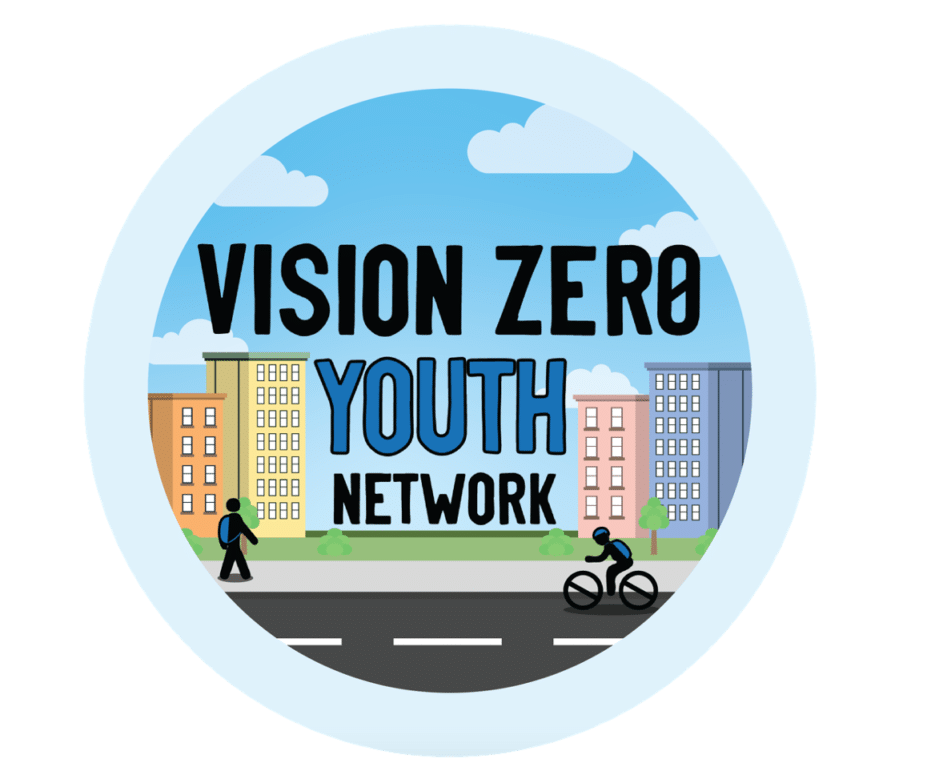How to Drive a Car | Distractions from Passengers
As you learn to drive a car you’re going to be sitting in the driver’s seat. Then you’ll begin to understand how focused drivers need to be. If they’re distracted for just a few moments, bad things can happen. Passengers can cause a distraction when you are driving a car. You need to learn to drive and manage passenger disdtractions just like managing any other distractions like cell phones and eating.
But for now you’re still a passenger, so here’s a question for you:
Would you ever tickle the driver or cover his eyes?

Some teens think doing stuff like that is funny but it’s really scary and can cause a crash.
You may not do that – but if you were riding in the same car, would you have the guts to tell friends to quit distracting the driver?
Passengers have responsibilities too. They need to respect the driver and make sure the environment is calm and safe so the driver can concentrate on driving. Practice advising passengers of their responsibilities before you start the car. An important one is for all passengers to wear seatbelts. Make this a part of your Learn to Drive checklist. Look for more information in the Driving Lessons sections of the Workbook and the Video Library.
The workbook has templates for teen passenger contracts. Click the link below to learn more about the workbook:
Learn to Drive workbook: “3 Keys to Keeping Your Teen Alive”
Click the link below to go to Driving Lesson 1 and look at the Video called “Not Wearing Your Seatbelt can Kill Others in the Car.”
Learn To Drive: Driving Lessons Video Library
| Would you have the courage to tell your friend to stop speeding or driving dangerously?Some teens say their driving must be good because their friends would tell them if it wasn’t. Do you have the courage to speak up? |
This may sound like a no-brainer but sometimes teens do foolish things like encouraging the driver to:
- Speed or race other cars
- “Lay rubber” (take off very quickly or screech to a stop so rubber tire tracks are left on the pavement.) This is dangerous, stupid and really reduces the life of your tires.
- “Do donuts”(Skidding around in circles) – Also terrible for tires.
- Chase cars or people. This can be scary and disastrous.
- Jump curbs. (This is stupid, dangerous and causes damage to the car and misaligns the tires.)
- Bark sudden directions so the driver makes quick, dangerous turns. (“Turn right HERE!”)
- Overcrowd the car so some passengers don’t have seatbelts and it’s hard for the driver to see and hear.
| Two out of three teens who die as passengers are in vehicles driven by other teenagers. An important fact to keep in mind as you learn to drive. |
When you’re driving in someone else’s car, you can’t completely control the environment and that can get you in trouble too. For example, what if you got in a friend’s car and found out their cousin in the back seat had illegal drugs with him. What would you do?
Do you know that if police stopped the car, you and the driver could be charged for possession of the drugs too?
What if there was a weapon in the car (like a gun) or an open bottle of alcohol? How would you handle that?
As you learn to drive understand your parents love you and want to help you make good decisions. They also want you to know that they will make sure you have a safe way to get home, no matter what happens.




